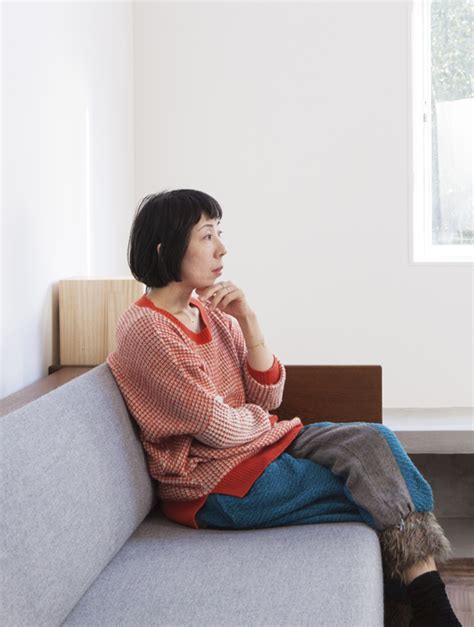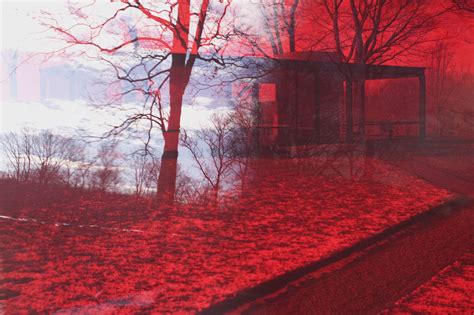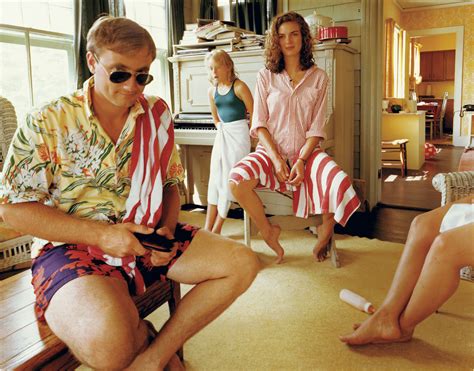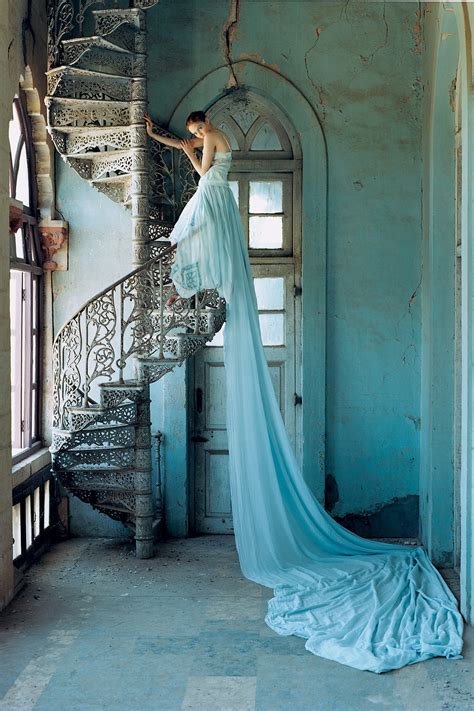A Quote by Rinko Kawauchi
For a photographer, it's a necessity that you can shoot stuff magically. Accidents are necessary, but after I take the photograph, it's not over. I work on it more.
Related Quotes
A photograph records both the thing in front of the camera and the conditions of its making... A photograph is also a document of the state of mind of the photographer. And if you were to extend the idea of the set-up photograph beyond just physically setting up the picture, I would argue that the photographer wills the picture into being.
There's a theory of accidents that I studied when I was making a film about nuclear weapons: you can never eliminate accidents, because the measures you introduce to prevent accidents actually produce more accidents. That's certainly true of this sport; you're flying over 40 feet of what might look like snow, but it's hard as ice, it's as hard as pavement. You're doing acrobatic spins and tricks, 40 feet above pavement, essentially. There's been more accidents since, and there are going to continue to be more accidents, that's the nature of the sport.
I've never been the type of photographer to live with people I photograph. You know, shoot heroin with them, that kind of thing. I respect those photographers that work that way. But part of my personality is a certain amount of distance, and part of my attraction to the medium of photography is this distance where you're in the world, but you're removed from it.
I work in several different groups of pictures which act on and with each other - ranging from several abstracted manners to a form for the surreal. I have been called a preacher - but, in reality, I'm more generally philosophical. I have never made an abstracted photograph without content. An educated background in Zen influences all of my photographs. It has been said that my work resembles, more closely than any photographer, Le Douanier Rousseau - working in a fairly isolated area and feeding mostly on myself - I feel that I am a primitive photographer.
Along the (writing) way accidents happen, detours get taken... But these are not "divine" accidents; I don't believe in those. I believe you have constructive accidents en route through a novel only because you have mapped a clear way. If you have confidence that you have a clear direction to take, you always have confidence to explore other ways; if they prove to be mere digressions, you'll recognize that and make the necessary revisions. The more you know about a book, the freer you can be to fool around. The less you know, the tighter you get.
I never had any intention nor interest in being an artist, but when I made work I realized that this was my language. What I had to say needed to be said in this way. I always loved taking photographs - but never considered myself a photographer. I have tremendous respect for photographers. I do use a camera and a photo as a basis for a lot of my work, but I use it as a means to attain an image to work from. The actual photography in my work is a monochromatic photograph. I'll photograph something and extract a color that will then be the background for a painting.
We must look back over our lives and look at some of the accidents and curiosities and oddities and troubles and sicknesses and begin to see more in those things than we saw before. It raises questions, so that when peculiar little accidents happen, you ask whether there is something else at work in your life.
But before all else a work of art is the creation of love. Love for the subject first and for the medium second. Love is the fundamental necessity underlying the need to create, underlying the emotion that gives it form, and from which grows the unfinished product that is presented to the world. Love is the general criterion by which the rare photograph is judged. It must contain it to be not less than the best of which the photographer is capable.
What is it that is most beautiful? - The Universe; for it is the work of God. What is most powerful? - Necessity; because it triumphs over all things. What is most difficult? - To know one's self. What is most easy? - To give advice. What method must we take to lead a good life? - To do nothing we would condemn in others. What is necessary to happiness? - A sound body and a contented mind.


































